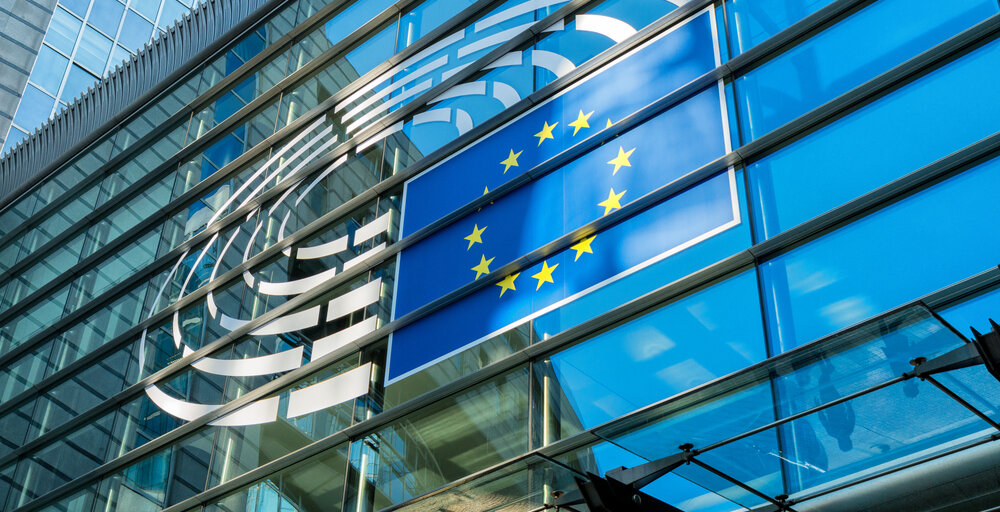
The European Parliamentary Research Service (EPRS) has released a report highlighting the need for regulatory harmonization in the global crypto market. The report emphasizes the potential for regulatory arbitrage and the decentralized nature of certain crypto assets, which can pose risks to financial stability and market development.
One key concern raised in the report is the regulatory landscape in the United States, which it describes as “fragmented” due to the absence of a federal-level crypto asset regime. This has resulted in substantial divergence among states, with each adopting its own regulatory approaches. For example, New York introduced the “BitLicense” in 2015, requiring crypto exchanges to disclose detailed information about their operations and comply with Know-Your-Customer (KYC) requirements. As a result, some major crypto companies opted to stop serving New York residents. On the other hand, Wyoming has emerged as a “crypto-friendly” state, providing a beneficial legal status for blockchain technology firms and enabling banks to offer blockchain-based services.
The report also examines the regulatory approaches of the United Kingdom and Japan. The UK has chosen to regulate specific crypto assets, particularly stablecoins, rather than implementing a comprehensive regulatory framework like the European Union’s Markets in Crypto-Assets Regulation (MiCA). Japan, similar to the UK, has developed a regulatory framework that builds upon existing legislation, focusing on investor protections and compliance with anti-money laundering and user data protection laws.
The authors of the report acknowledge that tighter regulation in the EU compared to non-EU countries may have some adverse effects on crypto-asset markets. However, they argue that evidence suggests a tighter regulatory framework can have limited but positive effects. They believe that EU regulatory actions will bring overall benefits, but complementary measures from non-EU jurisdictions are still necessary to strengthen financial stability.
The report emphasizes the interconnectedness of global financial markets and the potential for regulatory arbitrage, highlighting the need for convergence in regulation between key jurisdictions. The authors recommend enhanced oversight from non-EU regulators to promote stability and development in the global crypto market.
Overall, the report calls for greater harmonization in crypto asset regulation to address the risks posed by decentralized assets and regulatory disparities among major jurisdictions. It stresses the importance of collaboration between EU and non-EU regulators to ensure financial stability and foster the growth of the global crypto market.






